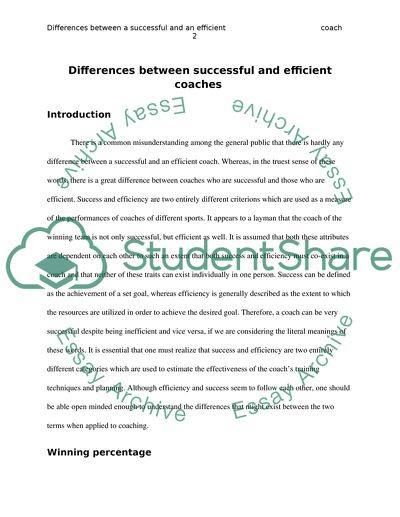Cite this document
(Differences between a Successful and an Efficient Coach Term Paper, n.d.)
Differences between a Successful and an Efficient Coach Term Paper. Retrieved from https://studentshare.org/sports-and-recreation/1758287-sports-psychology
Differences between a Successful and an Efficient Coach Term Paper. Retrieved from https://studentshare.org/sports-and-recreation/1758287-sports-psychology
(Differences Between a Successful and an Efficient Coach Term Paper)
Differences Between a Successful and an Efficient Coach Term Paper. https://studentshare.org/sports-and-recreation/1758287-sports-psychology.
Differences Between a Successful and an Efficient Coach Term Paper. https://studentshare.org/sports-and-recreation/1758287-sports-psychology.
“Differences Between a Successful and an Efficient Coach Term Paper”, n.d. https://studentshare.org/sports-and-recreation/1758287-sports-psychology.


